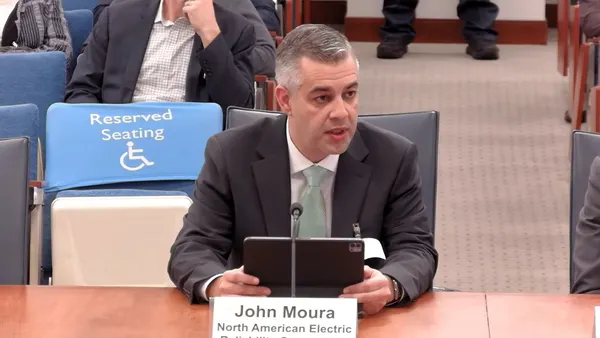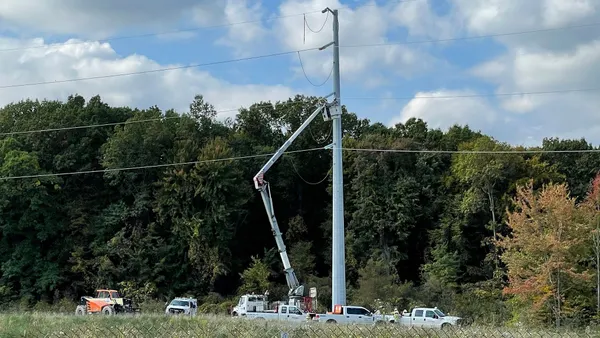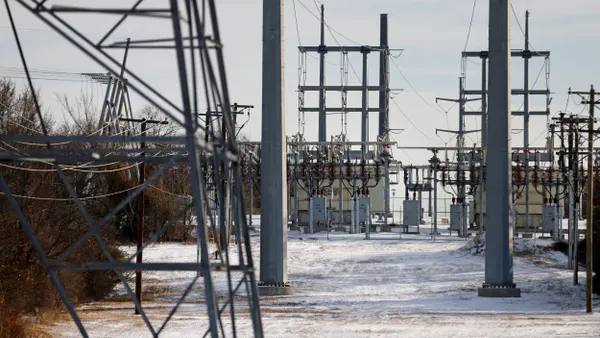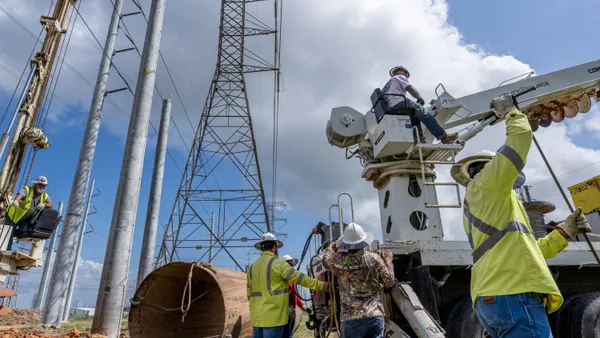Dive Brief:
- California's three investor-owned utilities have jointly filed proposed changes to how the costs associated system generation are allocated to customers taking service from a community choice program.
- The current approach forecasts costs based on administratively-determined estimates of hypothetical future market prices, they told regulators, with no true-up for actual costs.
- The utilities say the changes will more fairly allocate power portfolio costs, and stressed they continue to support customer ability to choose community choice aggregation (CCA) programs.
Dive Insight:
In the most technical terms, California's major utilities are proposing to replace a Power Charge Indifference Adjustment and Competition Transition Charge with a Portfolio Allocation Methodology (PAM) that will include a true-up.
While it's not clear yet what that will mean for CCA customers, Southern California Edison has posted a lengthy Q&A with Caroline Choi, senior vice president for regulatory affairs, explaining it as a way to "fairly allocate the costs and benefits of existing clean-energy contracts."
The utility "supports our customers’ right to purchase power from a CCA as long as there are no costs shifted to customers who continue to purchase their power from the utility," Choi said. "But no customer should pay more than their share for the clean energy choices made to meet state policy, while others pay less."
California law allows community choice providers to establish rates that support their own power mix, while utilities receive a fee for distributing the power. Moving to the PAM methodology seeks to eliminate any shift of power procurement costs from departing load customers to remaining bundled service customers, the utilities say.
According to the application, filed by SCE, Pacific Gas & Electric, and San Diego Gas & Electric, "cost shifting
is occurring now and will only increase with increasing levels of departing load. California law prohibits such a result."
Earlier this year state regulators rejected San Diego Gas & Electric's proposal to establish a separate investor-backed marketing division to lobby on community choice aggregation issues, saying the utility provided insufficient information to judge its separation from ratepayer funding.
Interest in CCA is growing in California and is a concern for utilities. In November, the Redwood Coast Energy Authority, a CCA program representing towns in Humboldt County, filed its supply plan with state regulators.














